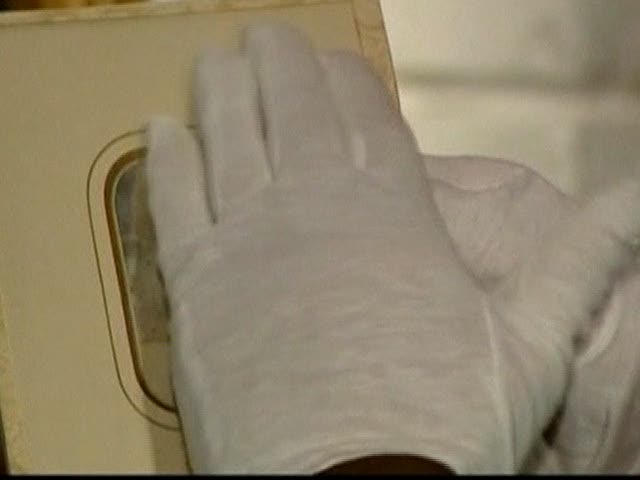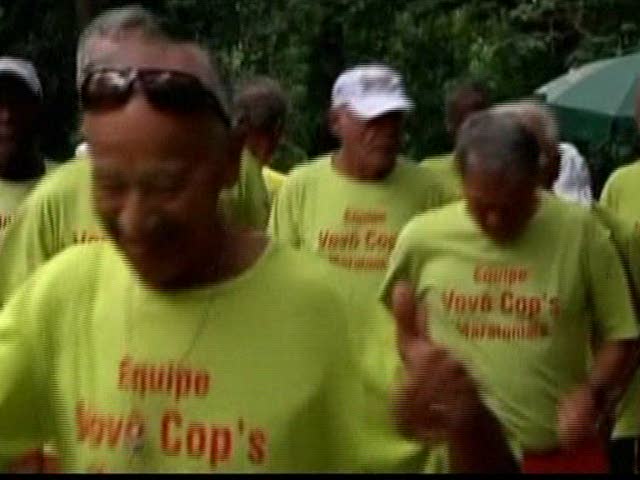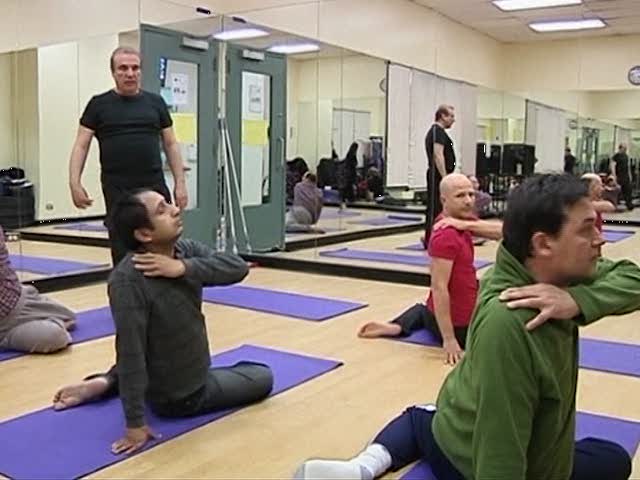The Hungarian government has announced that it will introduce the first set of biometric passports from 2006, in line with requirements approved by the European Commission on December 13, 2004
Published:
27 January 2005 y., Thursday
The Hungarian government has announced that it will introduce the first set of biometric passports from 2006, in line with requirements approved by the European Commission on December 13, 2004.
"Biometric implies all the bearer's measurable, physical features, like recognized facial and fingerprint geometry, to confirm their identity," Zoltán Varga, spokesman for the legal and administrative department of the interior ministry's Central Data Processing, Registration and Election Office told The Budapest Sun.
Varga added that these would store digital compact files on an electronic chip holding all provided personal data.
Varga said, "Once the EC's Article 6 Committee gives the green light for the secret specifications [including the chip, data processing and reading systems] there will be a general standard in August 2006 where all member states' passports must include facial recognition within 18 months."
He explained that there are several open issues on which EU members states must reach consensus before the new passports can be introduced.
"The EU must also set up a central register to process all this data by 2007," said Varga.
Those who travel to the US are already required to have their fingerprints taken and use a machine-readable passport.
Šaltinis:
The Budapest Sun
Copying, publishing, announcing any information from the News.lt portal without written permission of News.lt editorial office is prohibited.
The most popular articles
 Every year 10 000 people lose their lives due to landmines.
more »
Every year 10 000 people lose their lives due to landmines.
more »
 Frustrated by the technical explanation of the nuclear crisis in Japan, artist Hachiya Kazuhiko creates cartoon character "Nuclear Boy" for clarification.
more »
Frustrated by the technical explanation of the nuclear crisis in Japan, artist Hachiya Kazuhiko creates cartoon character "Nuclear Boy" for clarification.
more »
 A Polish collector discovers a photo believed to be of Frederic Chopin taken just after his death in 1849.
more »
A Polish collector discovers a photo believed to be of Frederic Chopin taken just after his death in 1849.
more »
 EGNOS-for-aviation, a satellite navigation service launched on 2 March 2011, will increase flight safety, reduce delays and open up new destinations.
more »
EGNOS-for-aviation, a satellite navigation service launched on 2 March 2011, will increase flight safety, reduce delays and open up new destinations.
more »
 Worker finds two time capsules amid earthquake rubble in Christchurch as search and rescue teams continue to comb through debris from the New Zealand earthquake.
more »
Worker finds two time capsules amid earthquake rubble in Christchurch as search and rescue teams continue to comb through debris from the New Zealand earthquake.
more »
 A group of elderly men in Brazil have taken up running as they race disease and old age.
more »
A group of elderly men in Brazil have taken up running as they race disease and old age.
more »
 "Taxi Yoga," a new exercise class for taxi drivers, helps stretch away the stress of driving a cab in New York City.
more »
"Taxi Yoga," a new exercise class for taxi drivers, helps stretch away the stress of driving a cab in New York City.
more »
 Twenty-five rescued circus lions leave Bolivia for a new life at a U.S. animal sanctuary.
more »
Twenty-five rescued circus lions leave Bolivia for a new life at a U.S. animal sanctuary.
more »
 Colombian flower growers prepare rose exports for Valentine's Day and hope to reap profits despite a strengthening peso.
more »
Colombian flower growers prepare rose exports for Valentine's Day and hope to reap profits despite a strengthening peso.
more »
 Mexican animal rights activists coat their bodies in fake blood to protest bullfighting.
more »
Mexican animal rights activists coat their bodies in fake blood to protest bullfighting.
more »